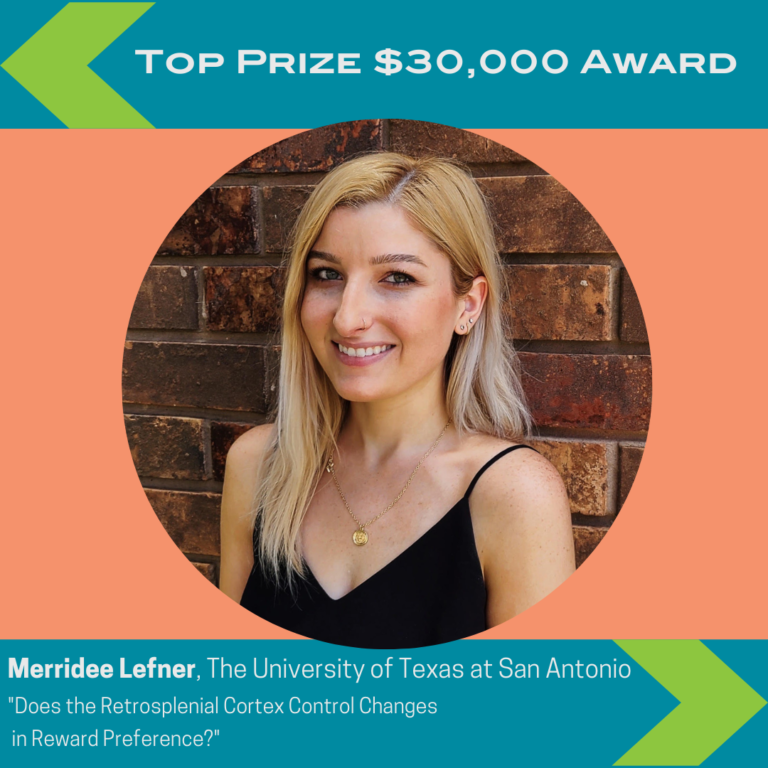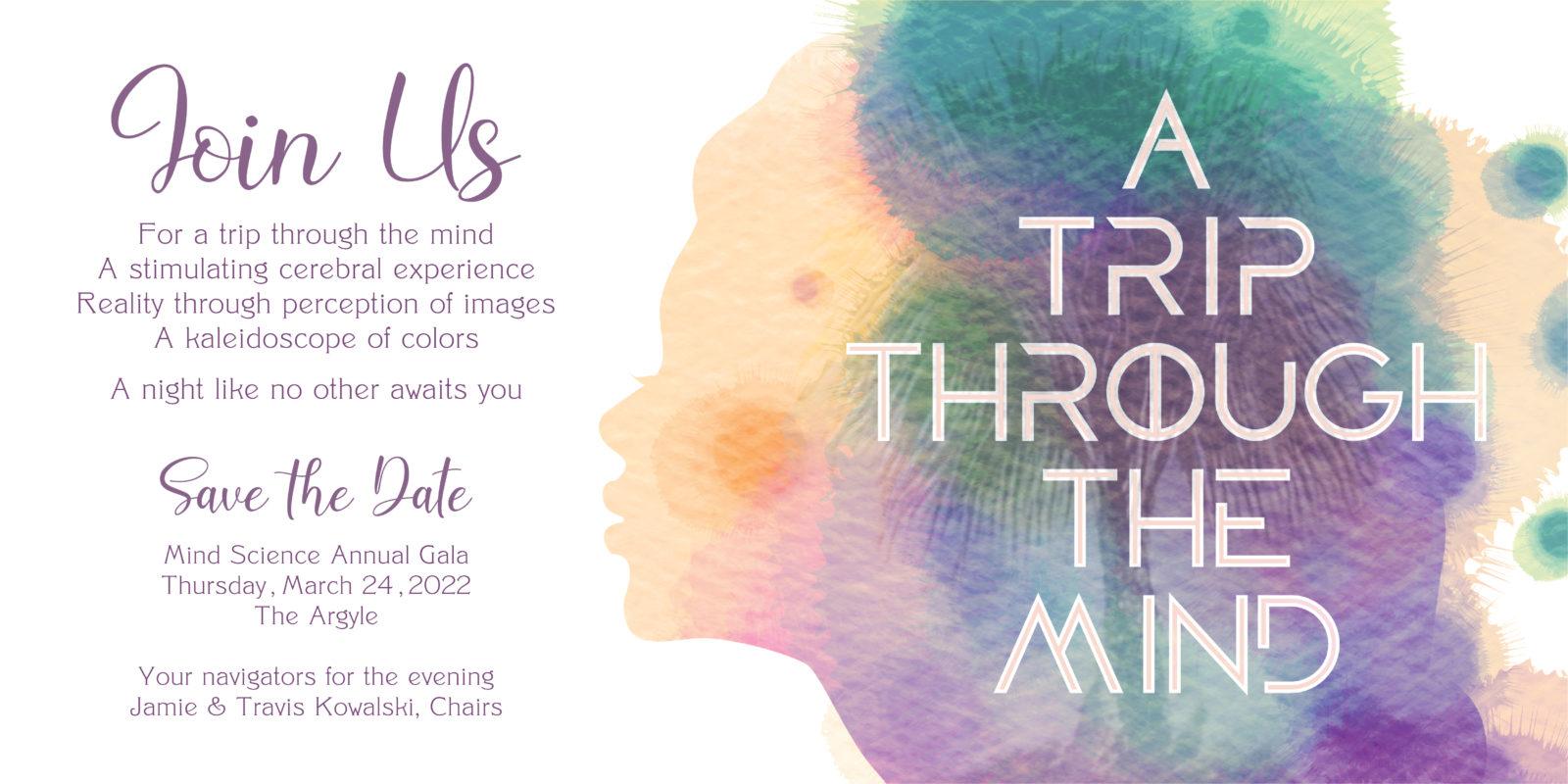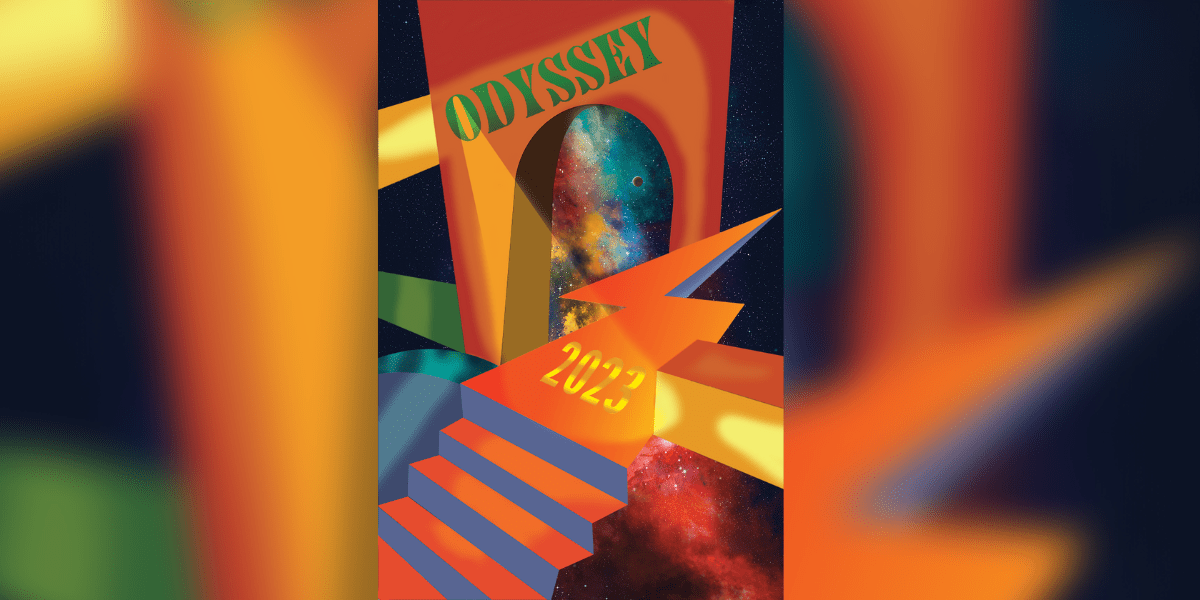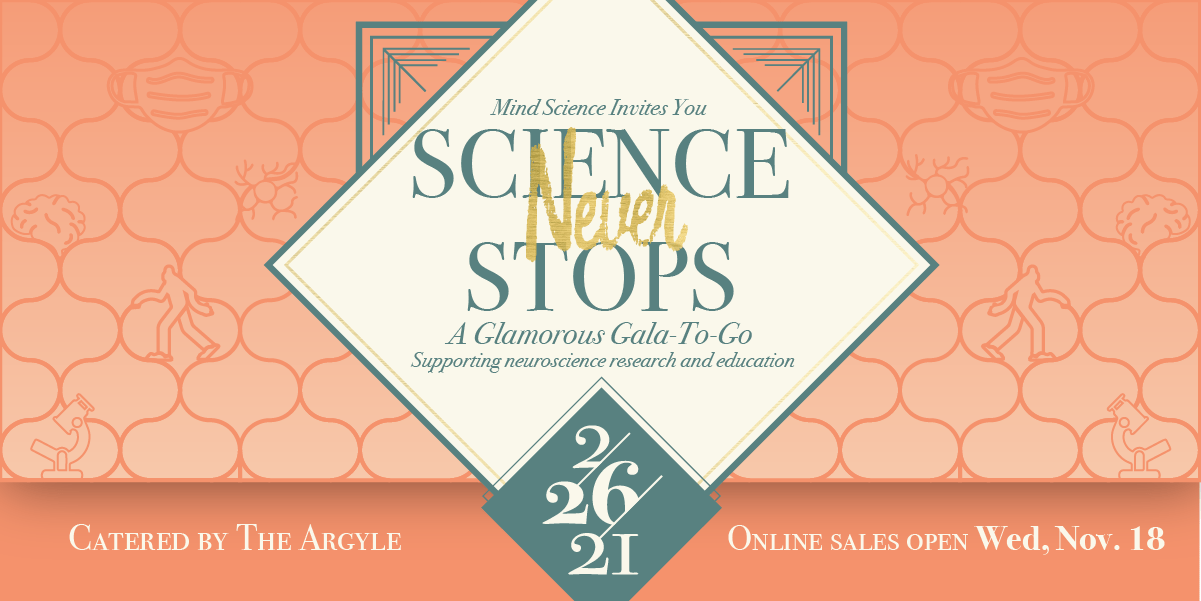UTSA Neuroscience Researchers Win $30,000 BrainStorm Pitch Competition

Many of us are missing our favorite meals at restaurants shut down due to pandemic restrictions. But how exactly does ‘absence make the heart grow fonder’?
A team of neuroscientists from The University of Texas at San Antonio (UTSA) won the top BrainStorm Neuroscience Pitch Competition prize for research on how our preferences for rewards change the longer we wait. Graduate student Merridee Lefner and Matthew Wanat, an assistant professor in biology, will receive $30,000 from the San Antonio-based Mind Science organization to fund Lefner’s research project.
“Our preferences for foods, places, and even people guide the decisions we make on a daily basis,” Lefner said. “Scientists have yet to understand exactly what happens within the brain as preference updates. We believe we are on the right path to finally understand which brain region predominantly controls changes in preference.”
Mind Science is continuing its longtime commitment to early-career neuroscience researchers. Formerly known as the Mind Science Foundation, the nonprofit organization decided earlier in 2020 to change its name to reflect its renewed dedication to investing in promising neuroscience researchers.
Oilman and philanthropist Tom Slick (1916 to 1962) founded Mind Science in 1958 as a nonprofit organization dedicated to funding scientific research and education that explores what Slick called, the “vast potential of the human mind.”
The BrainStorm competition funds early‐career researchers who are teamed with senior primary investigators. Supporting pilot studies can help early-career researchers demonstrate a proof of concept to obtain grants for further research. Producing and delivering a pitch also helps scientists build communication skills translating complex neuroscience to increase the scientific literacy of general audiences.
This year would have been the third annual BrainStorm competition at the Pearl Brewery’s Pearl Stable Auditorium, with the audience listening to pitches, then deciding how to distribute the $60,000 pot of prize money to the three research teams. Instead, Mind Science board members voted on how to allocate funding to the three finalists.
Providing opportunities for young scientists to fund their work and hone their communications skills has always been critical for researchers in a fiercely competitive academic market. “The COVID-19 pandemic has made advancing scientific research even more daunting, as scientists are diligently pursuing their work even as they are locked out of their labs and working at home with their families,” said Meriam Good, Mind Science Executive Director. “Especially now, it’s vital to fund the research of early-career scientists who are working to answer the most difficult questions in neuroscience.”
The runners up will each receive $15,000 in BrainStorm prizes.
Lorenzo Ciccione and Stanislas Dehaene (Collège de France) are examining how our brains extract information from plots and charts. Scientists have discovered many people do not understand complex data visualizations. Uncovering how the brain extracts meaning from graphically depicted data will help the team discover ways to make graphs easier to understand for everyone.
Amber Hopkins and Aaron Schurger of Chapman University and Tian Lan of California Institute of Technology are researching intentional binding, or how the brain perceives action and its sensory outcome as being much closer together in time. That gap between what we perceive is happening and what our brain makes of that observation translates into a feeling of control over actions—our sense of agency. Understanding this mechanism can help explain how our brains process experiences and translate them into our feelings of authorship over intentional actions and their external consequences.
In 2019, audience votes awarded the top prize of $30,000 to the research team of Tin Nguyen, Stephanie Del Tufo, and Laurie Cutting from Vanderbilt University for their project researching resiliency in children raised in poverty.
Nguyen had interned at Mind Science in 2010. During his internship, he decided to volunteer at the James Bonham Academy in south San Antonio, working with two second-graders from a lower-income family who read at the kindergarten level. Nguyen told the 2019 audience how he sought to study the brains of resilient children to discover the key to better outcomes for all students.
“The need for research doesn’t stop because we’re in the middle of a pandemic,” said Good. “If anything, it’s more important than ever to invest in early-stage scientists.”



